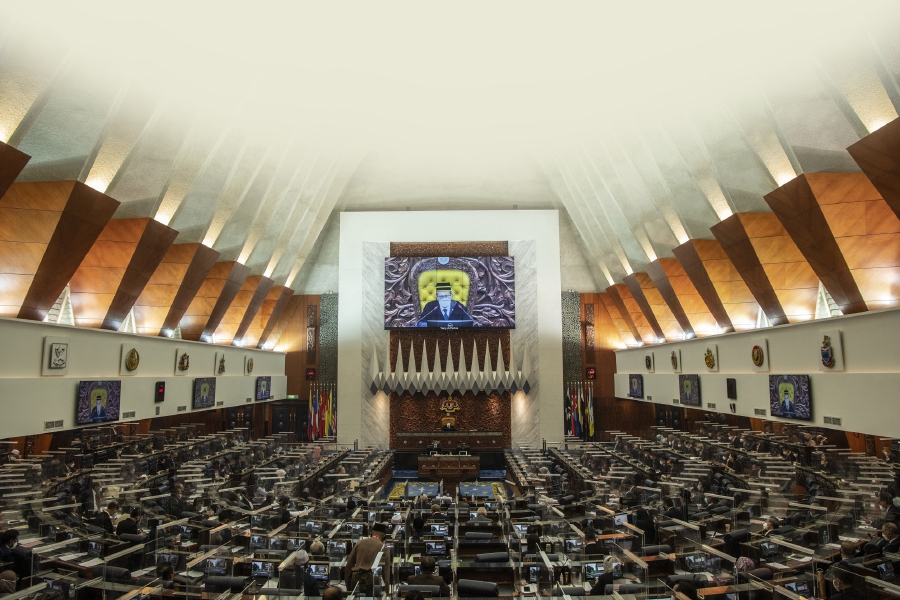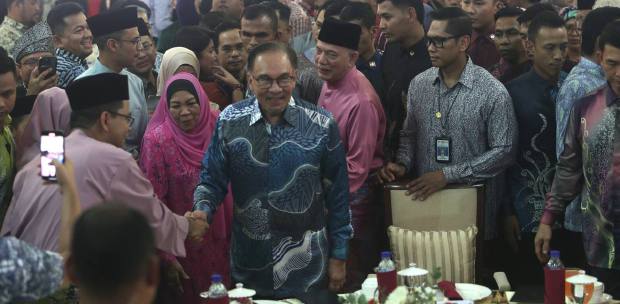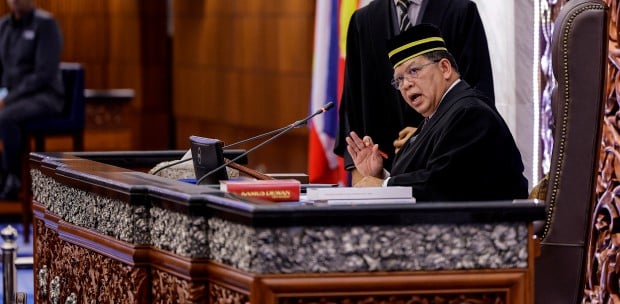WHILE despair and frustration gripped many citizens in Italy following the fall of Mario Draghi's government, international observers can look to what is happening in Malaysia with something close to admiration.
Datuk Seri Ismail Sabri Yaakob's administration is neither a technical nor national unity government, but was founded on a bipartisan commitment to deal with the country's most pressing issues.
No matter the squabbles around the interpretation of this agreement signed in September last year, it is proving to be resilient and effective.
From the anti-hopping law to the anti-smoking legislation, to innovative support for the most vulnerable segments of the population, Malaysia is showing how bipartisanship can help a country move ahead.
Amid a still-active pandemic and a war in Europe with destabilising global effects, political parties being bipartisan should be the default rather than the exception.
But as we saw in Italy, even when the vast majority of political parties from different political sripes are behind a national unity government, and even for someone as highly esteemed as Draghi, it is hard to maintain the momentum.
The former president of the European Central Bank, who was credited with saving the euro, reluctantly accepted the role as prime minister of Italy in February last year to introduce bold reforms to the country.
Despite important legislative measures being taken in Malaysia's Parliament, parties have started jockeying for the next election and coalitions are still being shaped.
There is no doubt that democracy requires the approval of the people through periodic voting, and technocratic governments like the one that just unfolded in Italy lack popular legitimacy.
There is a strong case for parties to set aside diferences and use some common sense to work together.
A government of national unity may be the last resort as in the case of Italy. But there are also other ways for parties to reach a common understanding.
Malaysia, with its memorandum of understanding (MoU) on the bipartisan deal between the government and opposition, is showing another interesting way.
In Canada, the Liberal party of Prime Minister Justin Trudeau, which lacked the numbers in parliament, had to strike a deal with one of the opposition parties, the New Democrats.
They signed a confidence-and-supply agreement, which is a not so distant cousin of the Malay-sian MoU.
My argument is not against political parties running competitive elections with innovative manifestos.
The problem is that in this era of populism, easy solutions that remain impractical in implementation are becoming more attractive to voters.
Brexit is probably the most prominent example of people being influenced to make a defining decision through misleading claims.
The same can also happen in Italy if a hard-right government composed of an uncompromising political right and anti-immigrant coalition win in September and begin bashing the European Union for all the country's problems.
We know that policymaking is hard and easy solutions do not exist.
A more nuanced political approach is often essential and the only path parties should pursue.
This requires politics based on dialogue that can happen only when politicians show respect and self-restrain.
Unfortunately, such elements are often lacking in democratic nations that have turned into a permanent ruckus dominated by continuous accusations and lack of dialogue.
Can politics based on indignation and emotions be replaced by a culture of reasonability and common sense driven by a shared love for the nation?
With many challenges yet to be tackled, Malaysia will have a general election soon.
Political parties and their coalitions vying for votes will propose policies and ideas.
But let's not forget that no matter who wins, the agreement now in place is something Malaysians should be proud of and that may have to be replicated after the election.
If that should happen, it won't be a negative development for the future of the country.
The author writes on civic engagement, youth development, the SDGs, human rights and regional integration in the context of Asia Pacific






